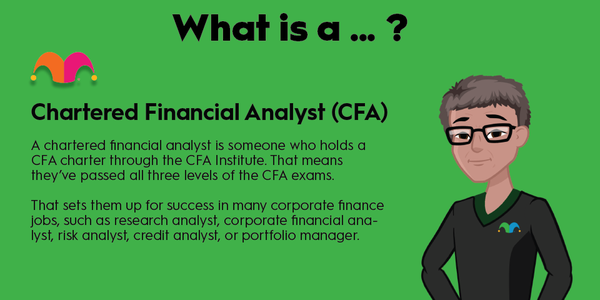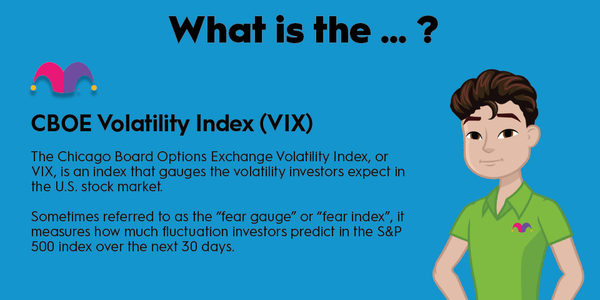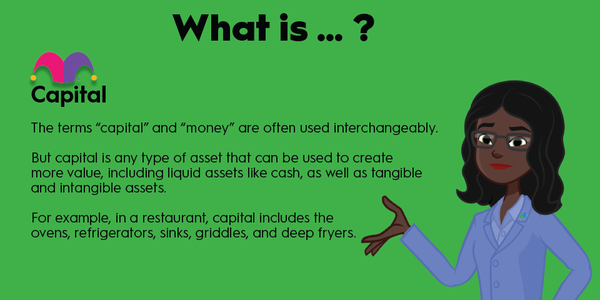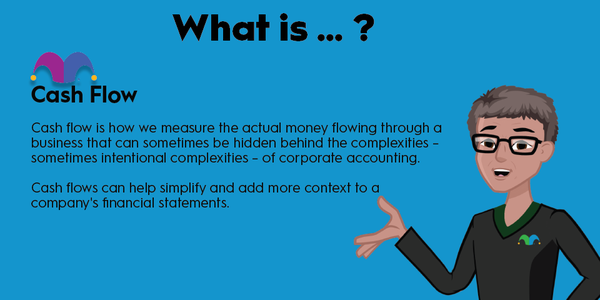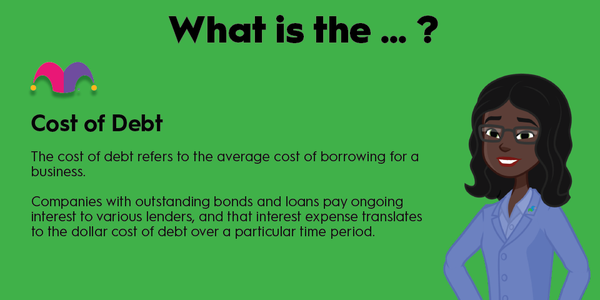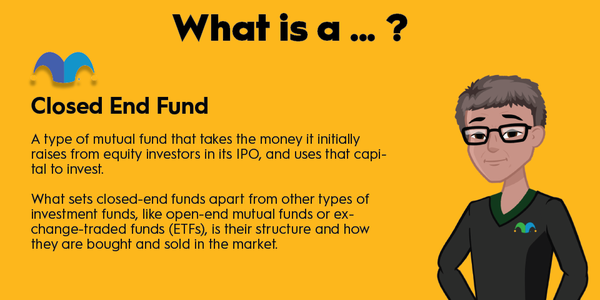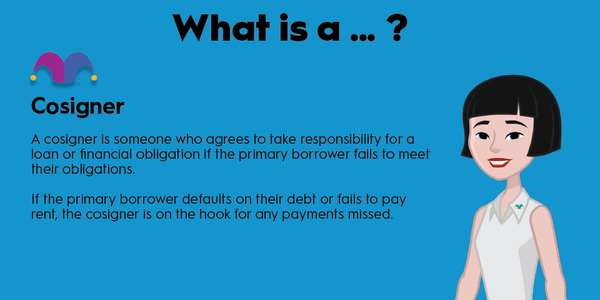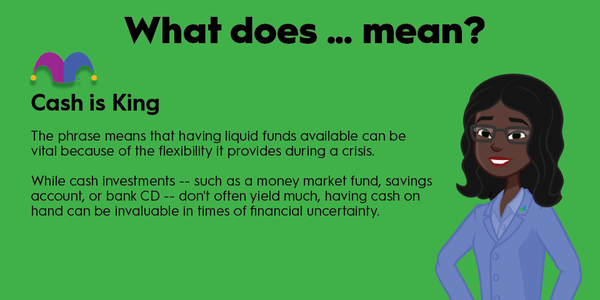There's a great episode of Seinfeld where George Costanza decides to do the opposite of what his instincts tell him to do. By the end of the episode, he's met a beautiful woman and landed his dream job with the New York Yankees.
Some investors seek Costanza-esque results by doing the opposite of most other market investors. A contrarian investor looks for opportunities where the popularity of an investment choice in the broader market has led people to drastically misprice certain securities. That means when everyone else is buying a certain stock, the contrarian is selling. When everyone's selling out of a certain industry, the contrarian is picking up shares on the cheap.

What is contrarian investing?
What is contrarian investing?
Contrarian investors assess prevailing market conditions and overall investor sentiment, and when sentiment leans heavily in one direction, take the opposite side of the trade. Contrarian opportunities typically present themselves when investors rush into certain sectors or asset classes, in part by selling portions of their other assets in order to raise the capital necessary to invest in the currently favored industries.
For example, tech stocks have been in favor over the past few years. Meanwhile, energy stocks have had some of the worst returns of any sector. The contrarian has likely sold all of their tech stocks and bought a lot of energy stocks.
Contrarian investing is a long-term strategy. As evidenced by the continued underperformance of energy stocks over the past decade, long periods of underperformance can precede any positive change in market sentiment. When investor sentiment does finally change, the contrarian is well positioned to benefit.
What makes a contrarian investment strategy
What makes a contrarian investment strategy
A contrarian investor thinks a lot like a value investor. Both seek to buy shares of stocks when they're trading below their intrinsic values. But contrarians, more so than value investors, are comfortable with companies' stocks trading below their intrinsic values for long periods of time due to unfavorable market sentiments.
A key component of contrarian investing is becoming fully invested in a sector or asset class as sentiment about that type of investment improves. Then, once most people are excited about the investment, contrarian investors recognize the growth of their holdings is soon likely to slow. Anticipating that their investments may begin to underperform the broader market, which could negatively impact investor sentiment and potentially lead to even greater price underperformance, contrarian investors sell their holdings to begin investing in currently unpopular industries.
Examples of contrarian stocks
Examples of contrarian stocks
- Commercial real estate investment trusts: REITs specializing in commercial real estate have been out of favor since the start of the pandemic. With many more people working from home, the share prices of companies such as SL Green (NYSE:SLG) and Vornado (NYSE:VNO), which specialize in New York City real estate, precipitously declined and have been recovering more slowly than the rest of the market.
- Bank stocks: Banks had a rough 2020 as the spread between short-term and long-term interest rates nearly vanished and the real risk-free interest rate turned negative, requiring banks to pay rather than receive interest income. But the performance of bank stocks had already been lagging behind the broader market for about a decade. The stocks of Citigroup (NYSE:C) and Wells Fargo (NYSE:WFC) are top picks for contrarian investors.
- International stocks: The stocks of U.S.-based companies have strongly outperformed the stocks of international companies over the past decade. Stock exchanges in emerging markets, in particular, have posted poor results relative to the performances of stock markets and companies in the U.S. You can buy an emerging market index fund or exchange-traded fund (ETF) such as the Fidelity Emerging Markets Index Fund (NASDAQMUTFUND:FPADX) or the Vanguard FTSE Emerging Markets ETF (NYSEMKT:VWO).
Famous contrarian investors
Examples of famous contrarian investors
- Warren Buffett: The Oracle of Omaha has a lot of contrarian tendencies. One of his most famous quotes is advice to be "fearful when others are greedy, and greedy when others are fearful."
- Bill Ackman: The founder of Pershing Square Capital is famous for short-selling popular companies and investing in some of the least popular stocks. He takes an activist approach to investing, often seeking to use his firm's stock holdings to influence companies to make one or more desired changes.
- Michael Burry: Famous for betting against the subprime mortgage market in the mid-2000s, Burry is a contrarian investor and the subject of a book and film both entitled The Big Short. He and his hedge fund, Scion Asset Management, continue to make contrarian investments.
Related investing topics
Pros and cons of contrarian investing
Pros and cons of contrarian investing
The advantages of a contrarian investing strategy are:
- Buying stocks when they're out of favor creates a considerable margin of safety relative to the stocks' intrinsic values, theoretically reducing downside risk.
- Your portfolio is more likely to outperform the market on a long-term basis as a contrarian investor.
The disadvantages include:
- It's psychologically challenging to remain committed to an investment in the face of overwhelmingly negative sentiment about the investment.
- Contrarian investing requires creative thinking, market expertise, time devoted to conducting research, and the prioritization of long-term outlooks. It's a rigorous practice that takes years to master and an investing style that can be easily derailed by the influence of short-term noise.
- Your portfolio will likely underperform, perhaps for a long period of time, before your contrarian investment strategy starts to pay off. You can also miss out on expected gains if market sentiment shifts for legitimate reasons in a way that further delays your long-awaited payoff.








